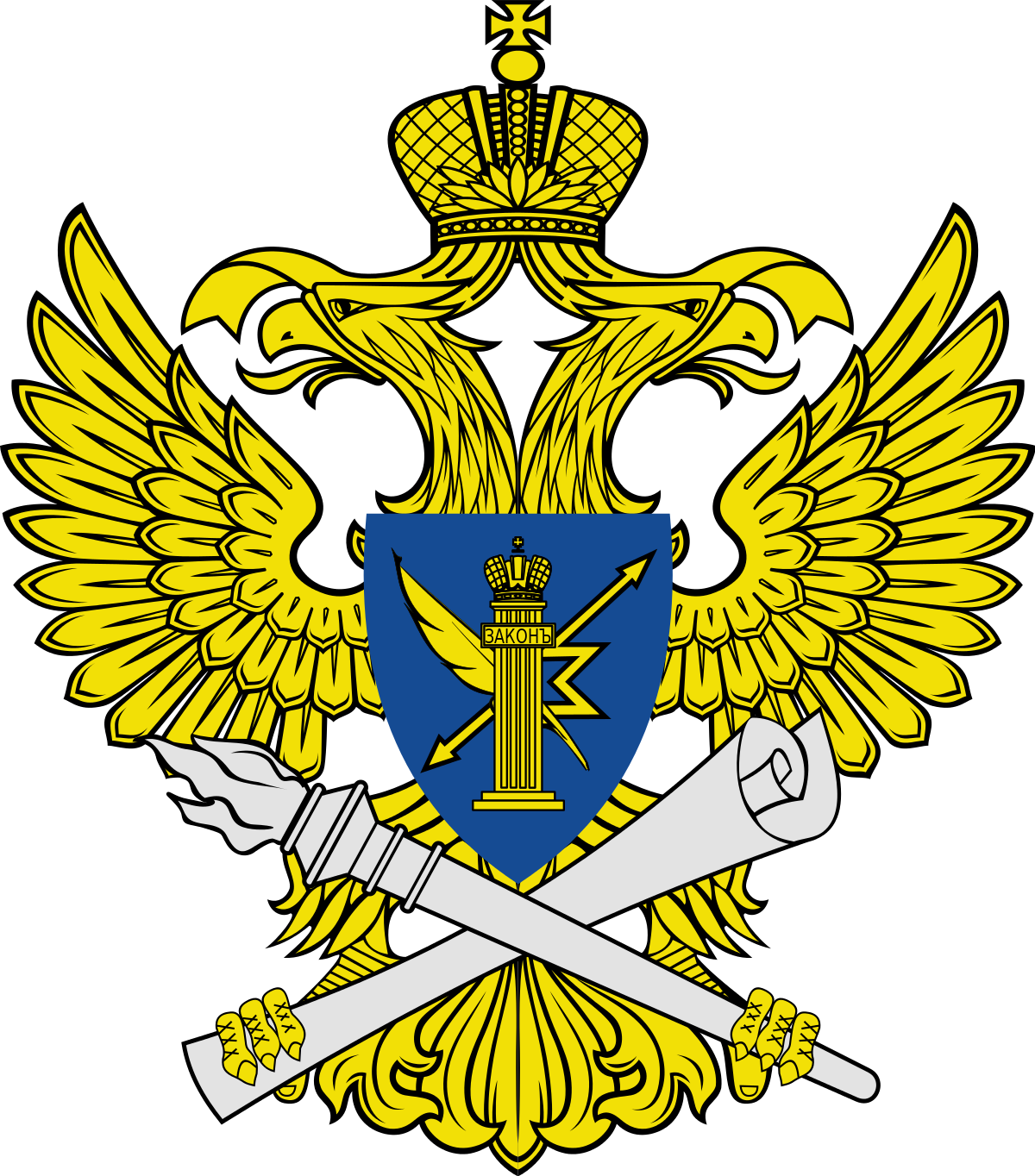Russia threatens to ban VPNs and proxies that don’t censor whatever the government wants

Censorship in Russia may soon be aided by the very websites and services often used to bypass it. Russia censors its Internet through the Federal Service for Supervision in the Sphere of Telecom, Information Technologies and Mass Communications aka the Roskomnadzor. When Russia wants to block a site or a service, said site or service gets added to the Roskomnadzor’s Unified Register of Prohibited Information – a Russian internet blacklist of sites for use as an internet censorship filter . The Roskamnadzor then works with ISPs and mobile data providers to provide that blacklist which is then applied to each provider’s individual firewall. The most recent news shows that Russia plans to ban and block the domains of VPNs and proxies that don’t work with Russian authorities to enforce their internet censorship filter.
In Russia, some VPNs and proxy services are already working with the Roskomnadzor to block whatever the government wants
According to Roskamnzadzor press secretary Vadim Ampelonsky, access to anonymizers is banned in Russia because they allow access to blocked content. In fact, over 100 VPN and proxy domains are banned in Russia according to Vedomosti. However, the Russian authorities claim that they are now working in conjunction with such proxies and VPN services to have them also implement the blacklist. That is to say, Russia is now seeking (and succeeding) to add Russian VPNs, proxies, and anonymizers to their list of co-conspirators in censorship. Ampelonsky emphasized that those that don’t comply with Russia’s regional laws would be banned – perhaps foreshadowing a new wave of VPN domain bans.
Under the Unified Register of Prohibited Information, the Roskomnadzor has previously blocked everything from communication apps such as Zello to ISIS-linked sites to porn sites like Pornhub.ru (which is still blocked). Other sites that have fallen victim to the blacklist in the past include Github and Wikipedia. Needless to say, if Russian based VPNs and proxies are cooperating with the Roskamnadzor on blocks of whatever the government wants (aka censorships), it’s entirely valid to wonder what else they may acquiesce to doing.
Private Internet Access (PIA) operates no servers in Russia for a reason
The coercive actions by the Roskomnadzor towards ISPs and VPN/proxy providers validates PIA’s decision to leave Russia in July of 2016. Under the heinous Russian Big Brother Law which Edward Snowden called “an unworkable, unjustifiable violation of rights,” Russian ISPs already have to store up to 3 years of metadata and make it available. What’s more, tech companies are supposed to store whole communications, not just metadata, and are ordered to provide encryption backdoors. Even sites like LinkedIn have been blocked in Russia for refusing to put sensitive information in Russian servers.
Shortly after the passage of Russia’s Big Brother Law, in July of 2016, Private Internet Access removed its presence from Russia due to an illegal seizure of our servers from our then operating Russian exit node. Because PIA servers are encrypted by default, Russian authorities weren’t able to gather any useful data from the devices they seized. As the censorship ability of the Roskamnadzor grows, it’s important to note that Russian internet users are still able to obtain and use Private Internet Access to limit the amount and type of metadata their ISPs will store on them and defeat censorship.
Like this article? Get notified by email when there is a new article or signup to receive the latest news in the fight for Privacy via the Online Privacy News RSS Feed.
